Considerations When You Want to Sue for Copyright Infringement

Copyright infringement is a hot topic in the current digital scene. As creators, we pour our hearts and souls into our work, whether art, music, writing, or software. It’s frustrating to see someone else profit from your creativity without permission. But what happens when you find yourself on the other side of that line? Are you ready to take legal action? Before you jump into a lawsuit over copyright issues, it’s crucial to understand what you’re up against. From knowing your rights to exploring alternative solutions, several key considerations can make or break your case. Let’s dive deep into what it truly takes if you’re thinking about suing for copyright infringement.
Copyrights at a Glance and How They Can Be Infringed Upon
Understanding your copyrights is the first step in protecting your creative work. Copyright automatically applies to original works, granting you exclusive rights to use, distribute, and display them. This means that no one else can legally copy or sell your creation without permission. Infringement occurs when someone uses your copyrighted material without authorization. This could be as blatant as reproducing an image or as subtle as incorporating a melody from a song into their work.
Digital platforms have made it easier for people to share content but also increased instances of infringement. Unknowing users might think they’re safe under fair use; however, this legal doctrine has specific limitations that often get misunderstood. Awareness of these nuances is crucial. The more informed you are about what constitutes copyright protection and infringement, the better positioned you’ll be to defend your rights if necessary.
Steps to Take Before Filing a Lawsuit

Before jumping into a lawsuit, it’s essential to gather all relevant evidence. Document everything related to the infringement—emails, copies of your work, and details about how it was used without permission. Next, assess the situation critically. Determine if your copyright is valid and whether you have a strong case. Sometimes misunderstandings occur that don’t warrant legal action.
Consider reaching out directly to the infringer first. A simple conversation can clear things up or lead to a resolution without court intervention. Additionally, evaluate potential damages. Think about what you’re aiming for: monetary compensation or just recognition of your rights. This clarity will guide your next steps effectively. Explore any alternative dispute resolutions available in your jurisdiction. Mediation might provide a quicker and less expensive route compared to litigation while still protecting your interests.
Hiring a Copyright Attorney
When it comes to navigating the complexities of suing for copyright infringement, hiring a copyright attorney is crucial. These professionals specialize in intellectual property law and understand the nuances that can make or break your case. A skilled attorney will evaluate your situation thoroughly. They’ll assess whether you have a strong claim and guide you on how best to proceed. Their expertise can help avoid common pitfalls that individuals often encounter when filing lawsuits. Choosing someone with a proven track record in copyright cases provides peace of mind. You want an advocate who understands not only the legalities but also the emotional weight behind creative work being infringed upon.

Alternative Resolutions to Consider
When faced with copyright infringement, litigation isn’t the only path. Alternatives can save time and money while fostering better relationships. Mediation is one option. This involves a neutral third party helping both sides discuss their issues and reach a mutually agreeable solution. It’s often less formal than court proceedings. Another choice is arbitration. Here, an arbitrator reviews evidence from both parties and makes a decision that may be binding or non-binding, depending on your agreement in advance. Negotiation can also prove effective. You might find common ground through direct discussions with the infringer about licensing fees or usage rights. Exploring these alternatives preserves resources and also provides solutions tailored to everyone involved.
Understanding your rights is the first step toward protecting your creative work. Copyrights provide you with legal backing to defend against infringement. When you feel that someone has misused your material, it’s essential to recognize how copyright can be violated. Without a clear understanding of what constitutes infringement, you may hesitate or misstep in taking action. Taking these aspects into account allows for informed decisions on how best to protect what’s rightfully yours in today’s digital landscape where content sharing is rampant yet oftentimes contentious.…

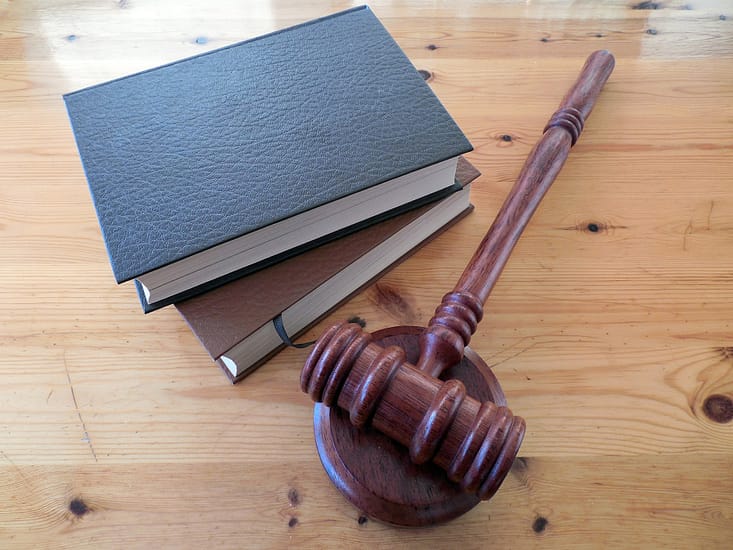








 The first step when finding a reputable law firm is to check the firm’s reputation. You can do this by asking around or checking online reviews and ratings. Additionally, look for lawyers with good standing in the community and a strong track record of successful cases. Ensure that the firm is properly accredited and licensed with the appropriate local and state regulatory bodies.
The first step when finding a reputable law firm is to check the firm’s reputation. You can do this by asking around or checking online reviews and ratings. Additionally, look for lawyers with good standing in the community and a strong track record of successful cases. Ensure that the firm is properly accredited and licensed with the appropriate local and state regulatory bodies. When finding a reputable firm, reviewing their resources, such as office space and technology, is important. A lawyer should have access to the latest computer systems, legal databases and software that can simplify the legal process. Furthermore, ensure that the firm has a team of experienced and knowledgeable lawyers who will work together to provide you with the best advice and representation.
When finding a reputable firm, reviewing their resources, such as office space and technology, is important. A lawyer should have access to the latest computer systems, legal databases and software that can simplify the legal process. Furthermore, ensure that the firm has a team of experienced and knowledgeable lawyers who will work together to provide you with the best advice and representation. Finally, when choosing a law firm, seek out reviews from past clients. This can give you an indication of the firm’s reliability, reputation and overall client satisfaction. Speak to past clients or read online reviews to get a better understanding of the firm’s services and capabilities. This will help you make a more informed decision when selecting your law firm.
Finally, when choosing a law firm, seek out reviews from past clients. This can give you an indication of the firm’s reliability, reputation and overall client satisfaction. Speak to past clients or read online reviews to get a better understanding of the firm’s services and capabilities. This will help you make a more informed decision when selecting your law firm.

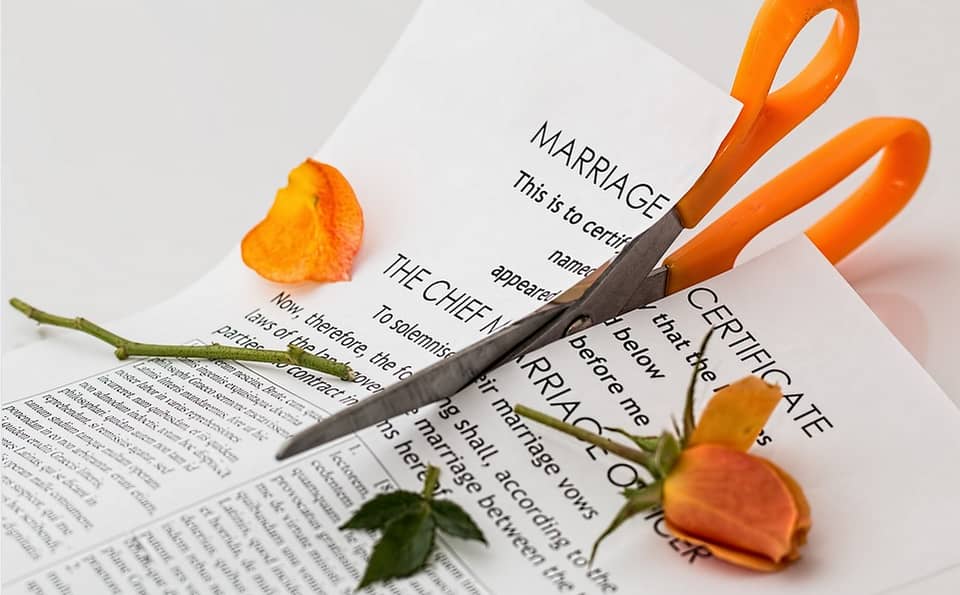
 Divorce is not easy and leaves those involved with severe emotional wounds that need nursing to heal. Luckily, if you have a divorce lawyer, they can help lessen the pain and distress by dealing with all the case issues as you focus on healing and getting back on your feet. The attorneys understand and offer you a shoulder to cry on, and hold your hand and allow you to concentrate on rebuilding your life as they tackle the case.
Divorce is not easy and leaves those involved with severe emotional wounds that need nursing to heal. Luckily, if you have a divorce lawyer, they can help lessen the pain and distress by dealing with all the case issues as you focus on healing and getting back on your feet. The attorneys understand and offer you a shoulder to cry on, and hold your hand and allow you to concentrate on rebuilding your life as they tackle the case.
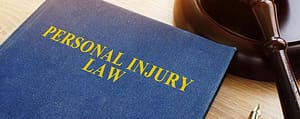 injury attorney. They will argue your case in the best way possible to ensure you get justice. The kind of experience they bear makes it easy for them to analyze your situation and represent you in the best way possible. You should look for an excellent personal injury attorney to secure justice.…
injury attorney. They will argue your case in the best way possible to ensure you get justice. The kind of experience they bear makes it easy for them to analyze your situation and represent you in the best way possible. You should look for an excellent personal injury attorney to secure justice.…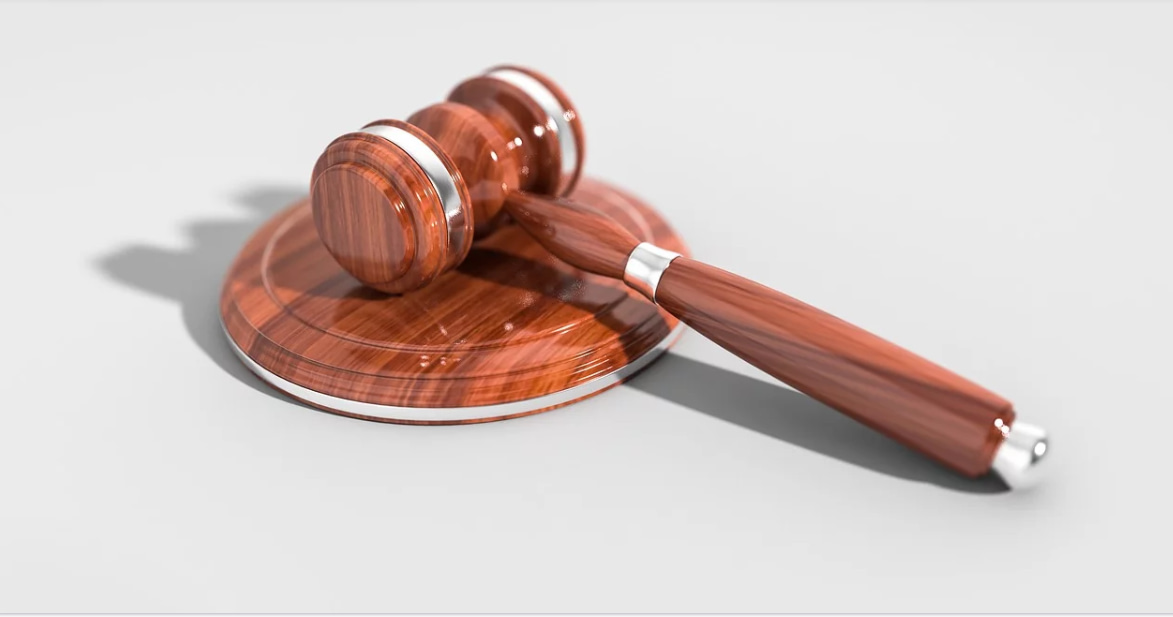

 If you got into a
If you got into a 

 Take into Consideration All the Factors That Come into Play
Take into Consideration All the Factors That Come into Play




 Though rare, accidents can be devastating. As such, the best thing crane users and other construction site workers should observe essential safety requirements. Both the management and the workers can improve crane safety by having a good safety plan. Other prevention measures include ensuring loads are adequately rigged, routine crane maintenance, and training employees.
Though rare, accidents can be devastating. As such, the best thing crane users and other construction site workers should observe essential safety requirements. Both the management and the workers can improve crane safety by having a good safety plan. Other prevention measures include ensuring loads are adequately rigged, routine crane maintenance, and training employees.
 As the saying goes, there is no such thing as a perfect machine. This obviously applies to vehicles. However, this phrase does not mean that the vehicle manufacturers have the liberty to produce defective automobiles.
As the saying goes, there is no such thing as a perfect machine. This obviously applies to vehicles. However, this phrase does not mean that the vehicle manufacturers have the liberty to produce defective automobiles.




 The driver can drive the train beyond the allowed signal block without permission. This is known as signal passed at danger. Also, the driver can cause an accident by mishandling the engine. A good example of this accident is boiler explosion. In addition, the driver may be over-speeding the train. This is when the train is being driven at an excessive speed that is beyond what is recommended.
The driver can drive the train beyond the allowed signal block without permission. This is known as signal passed at danger. Also, the driver can cause an accident by mishandling the engine. A good example of this accident is boiler explosion. In addition, the driver may be over-speeding the train. This is when the train is being driven at an excessive speed that is beyond what is recommended. This is a type of train accident that occurs when two trains collide or what is known as a head-on collision. If the train collides with another one that is at the front of it, this is known as the rear collision. Also, a train can collide with the buffer stop. These are structures meant to stop the train from going past a given track. Also, obstructions on the way such as cars can cause a collision, particularly if there is a bad weather condition causing poor visibility.
This is a type of train accident that occurs when two trains collide or what is known as a head-on collision. If the train collides with another one that is at the front of it, this is known as the rear collision. Also, a train can collide with the buffer stop. These are structures meant to stop the train from going past a given track. Also, obstructions on the way such as cars can cause a collision, particularly if there is a bad weather condition causing poor visibility.
 they are the best. You can seek referrals from friends or people who have been represented in the different personal injury cases by these lawyers. There are various types of injury cases that may see you seek compensation. The most common ones include:
they are the best. You can seek referrals from friends or people who have been represented in the different personal injury cases by these lawyers. There are various types of injury cases that may see you seek compensation. The most common ones include: There are a lot of products that have brought harm to consumers some even leading to death. You have the right to sue the company or manufacturer of that particular product. Get a good lawyer who will help you in filing the lawsuit and through the court process.…
There are a lot of products that have brought harm to consumers some even leading to death. You have the right to sue the company or manufacturer of that particular product. Get a good lawyer who will help you in filing the lawsuit and through the court process.…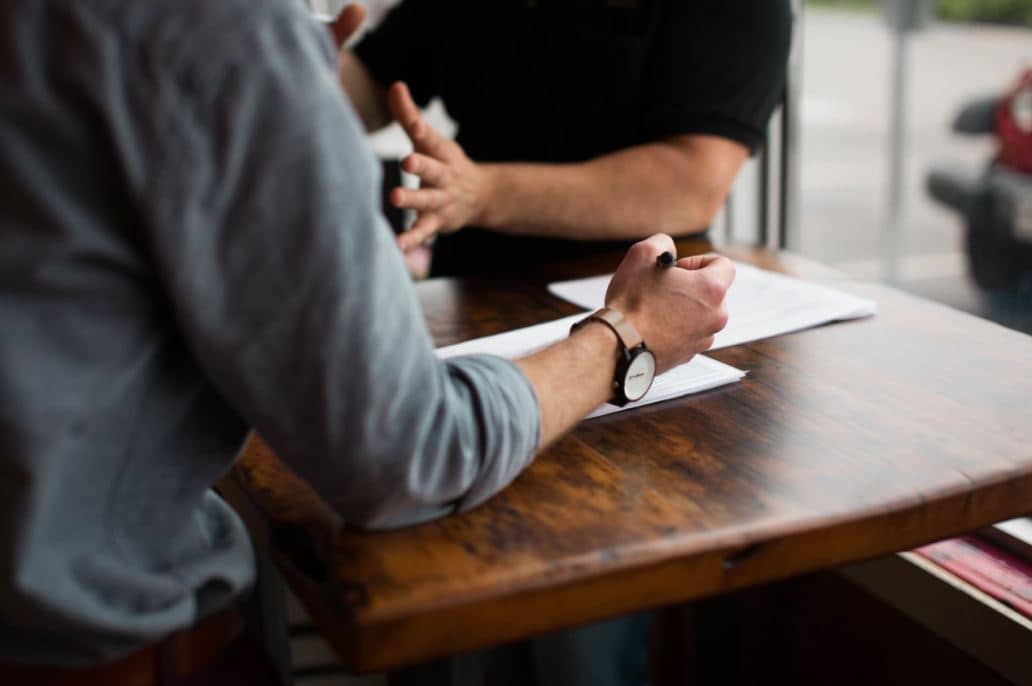
 Once you file a lawsuit, you will be taken through a court process which is very fast and will ensure you get justice. It is here where you get to argue out your case and table your evidence to prove your case. It is the best method compared to using crude procedures of conflict resolution. Here is how to file a lawsuit against someone who has violated your rights.
Once you file a lawsuit, you will be taken through a court process which is very fast and will ensure you get justice. It is here where you get to argue out your case and table your evidence to prove your case. It is the best method compared to using crude procedures of conflict resolution. Here is how to file a lawsuit against someone who has violated your rights. One must start with the summons which comprises of written notice to the offender. This should be followed by your complaint where you should list down all that is required. Your lawyer can also help you with this. After following the right procedures, then it is time to serve the defendant with a copy.…
One must start with the summons which comprises of written notice to the offender. This should be followed by your complaint where you should list down all that is required. Your lawyer can also help you with this. After following the right procedures, then it is time to serve the defendant with a copy.…